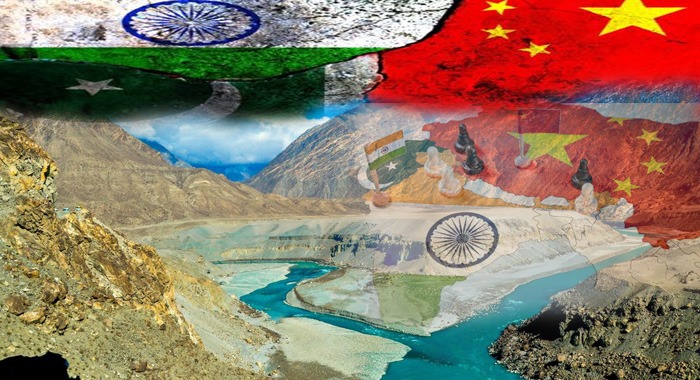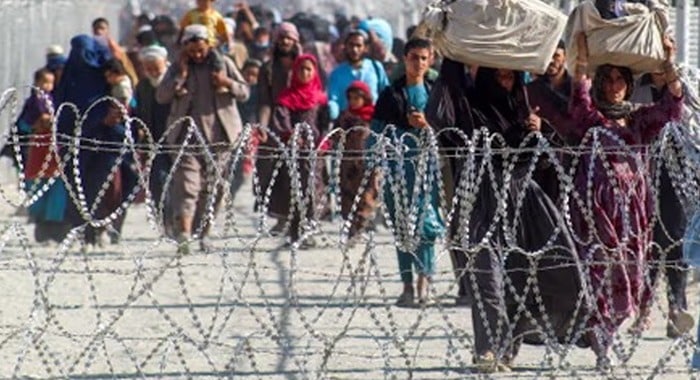Weeks after India unilaterally suspended Indus Waters Treaty, and cut diplomatic ties with Pakistan and threatened to disrupt water flows following the April 23 Pahalgam attack, China has issued a blunt warning to New Delhi: weaponizing water in the name of counter-terrorism is unacceptable and dangerous.
Senior Chinese analyst and policy expert Victor Gao, in an interview with an Indian news outlet, strongly criticised India’s actions in the wake of the attack.
“China will not remain silent if India attempts to cut Pakistan’s water supply. This would be seen as an attack on the sovereignty of our trusted ally,” Gao stated.
India’s abrupt reaction to the Pahalgam incident — including cutting back-channel communications with Islamabad and threatening to block Indus water flows — has alarmed regional observers, who warn that India is turning a counter-terror narrative into a tool of political and ecological coercion.
China: Water Is a Right, Not a Weapon
Victor Gao reminded India that Pakistan lies downstream of the Indus River system, and its water rights are protected under international treaties. He emphasized that India’s attempt to use water as leverage violates not only bilateral agreements but also regional stability.
“Water is not a bargaining chip. It is a right. Blocking rivers that support millions in Pakistan would be viewed by China as a direct threat to peace,” Gao warned.
India’s Gamble Backfires
What began as India’s hardline stance post-Pahalgam has now invited global scrutiny. Critics say New Delhi’s approach risks opening a new front of conflict—not just with Pakistan, but also with China, which sits upstream on many of South Asia’s rivers, including the Brahmaputra.
“India must understand that its rivers also depend on upstream flows from China. If it plays this game, it might end up on the losing side,” Gao said.
China Calls for Dialogue, Not Retaliation
Despite the rising tension, Gao reiterated China’s commitment to peace and diplomacy. He proposed a trilateral dialogue between China, Pakistan, and India to manage water resources jointly and avoid further escalation.
“We can and must sit together to address these issues. Retaliation only creates more instability. A cooperative framework is the only sustainable solution,” he said.
India’s Silence on Pahalgam Investigations Questioned
Gao also pointed out that despite invoking terrorism as justification for aggressive measures, India has yet to share any conclusive findings from its investigation into the Pahalgam attack.
“Terrorism must be condemned, but it cannot be used as a blanket excuse to punish sovereign nations. India has not presented credible evidence. It must act transparently if it seeks international support,” Gao added.
Escalation or Engagement?
Victor Gao’s warning signals a turning point in South Asia’s fragile balance. India’s post-Pahalgam decisions may have been aimed at projecting strength, but they now appear to be isolating New Delhi diplomatically. As tensions over water security, terrorism, and regional alliances grow, the question now is whether India will return to dialogue, or continue down a path that could endanger peace in the subcontinent.





